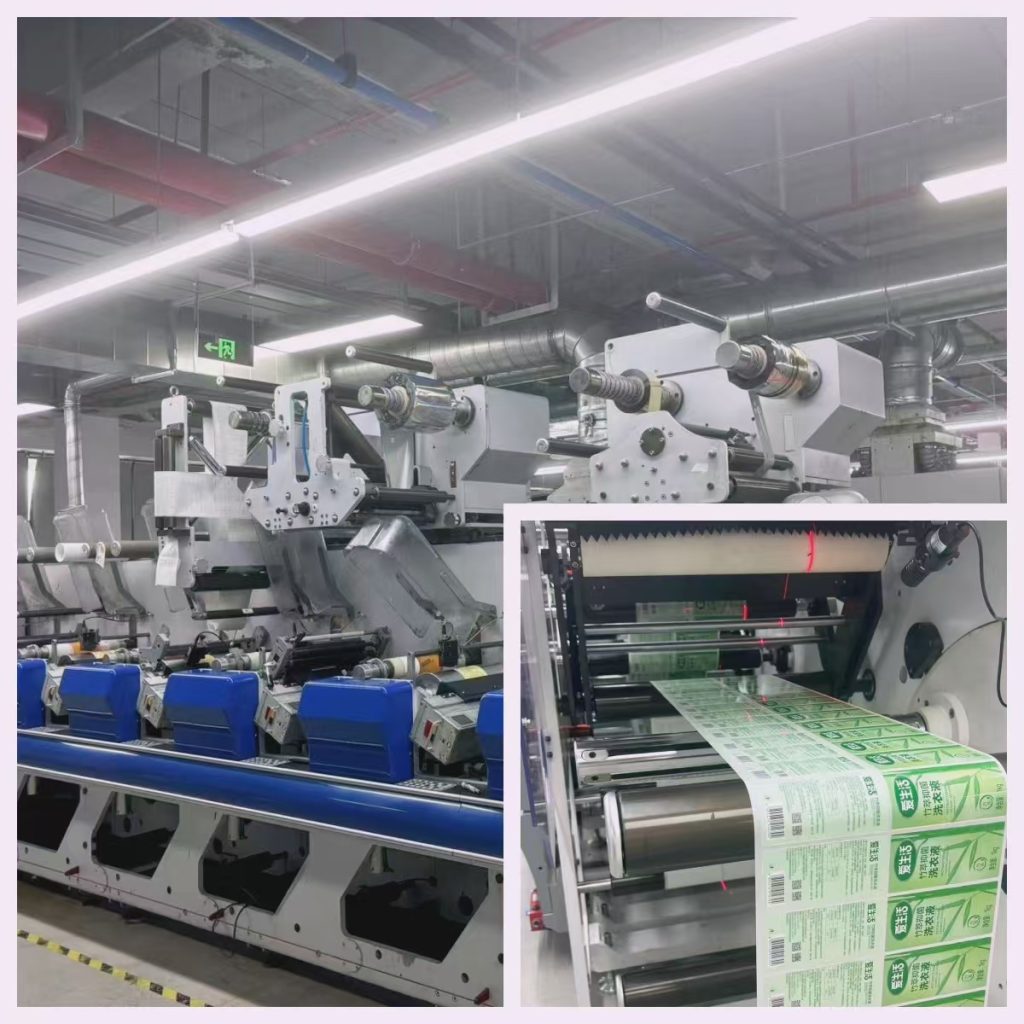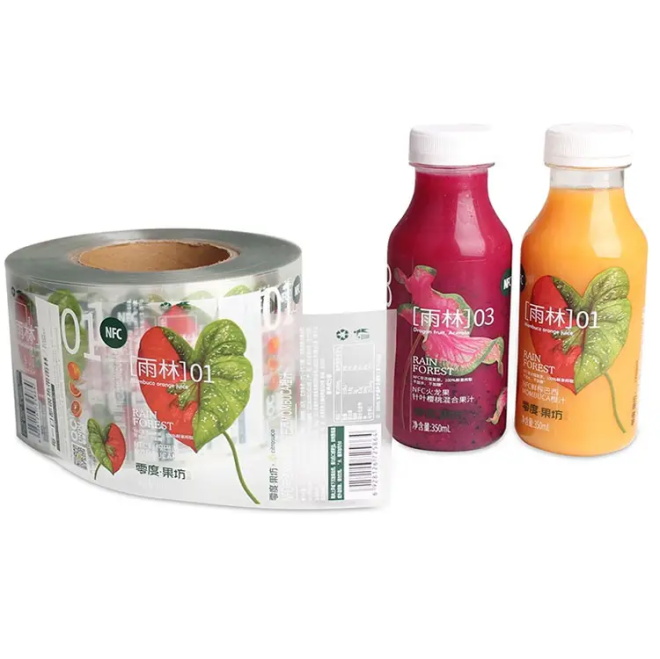Why is labeling important in marketing?
To stand out among a multitude of products, your product must clearly distinguish itself from competitors. To capture consumer attention, your product needs to showcase its uniqueness, quickly resonate with customers, and leave a lasting impression in their minds.
A differentiation strategy refers to a company's efforts to create significant distinctions in product, service, image, and value compared to competitors, making it easier to occupy a place in the customer's mind and gain a competitive advantage. Simply put, it helps customers recognize your brand more easily and feel the differences between you and other brands.
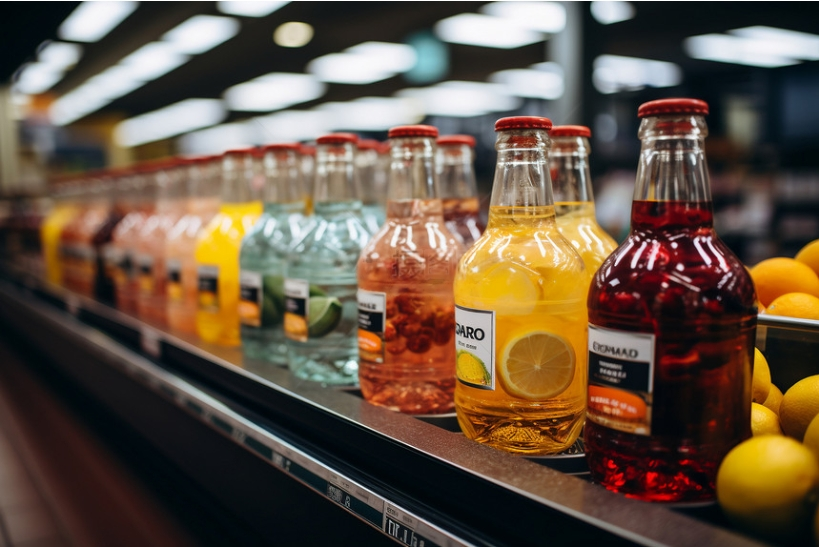
Labels serve as a silent branding tool, sometimes significantly boosting product sales due to perfect design. A well-designed label can immediately catch consumers' attention among countless products.
I. Important Information Carried by Labels
Good customized labels carry essential product information and play a key role in product marketing. Generally, labels typically include the following information
☀️Brand Name or Logo
Well-known brand labels can prompt users to prioritize your product among many.
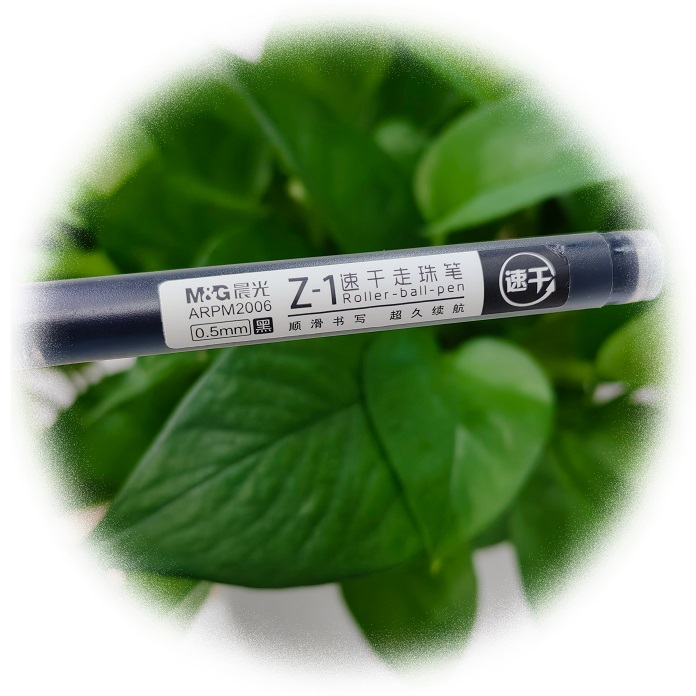
☀️ Product Name
Clearly indicates the product name. For established or well-known brands, the brand label makes it easier for consumers to choose your product over others on the shelf.
☀️ Ingredients or Materials
Lists the main components, especially relevant for food or cosmetics.
- Usage Instructions
Briefly explains how to use the product.
- Barcode or QR Code
Facilitates inventory management and sales tracking.
- Production Date and Expiry Date
Applicable to products with shelf-life requirements.
- Warning Information
Safety warnings or usage restrictions, e.g., “Warning! Not suitable for children under 3 years old.”
- Contact Information
Provides contact details for the manufacturer or supplier, making it easy for customers to inquire, such as a national customer service hotline on product labels.
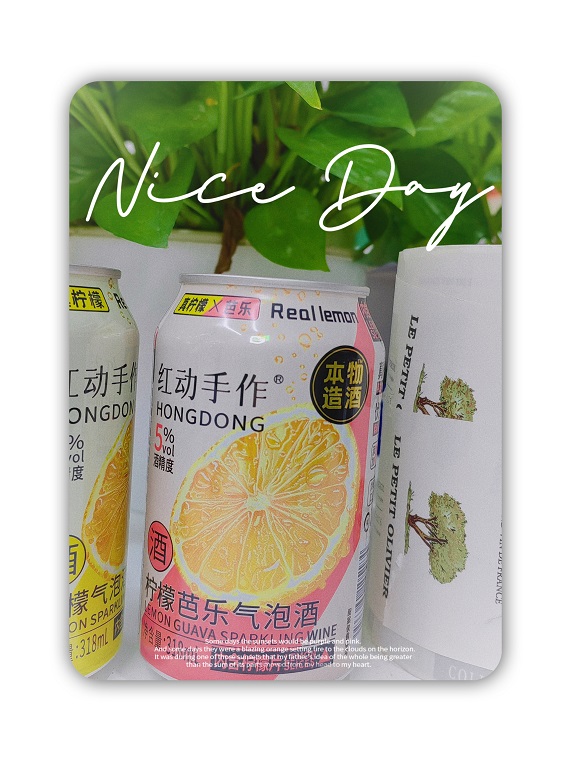
- Terms and Conditions
Information about return and exchange policies.
- Graphics or Patterns
Visual design elements that enhance attractiveness and recognition (e.g., brand logos or signature patterns).
It is important to note that not all information applies to every product. For example, ingredients and usage instructions may only be relevant for specific types of goods.
II. Standards and Features of Quality Labels
Quality labels must not only contain necessary information but also meet the following standards:
☀️ Material
The label material should be suitable for its purpose, featuring properties such as waterproofing, abrasion resistance, and high-temperature tolerance. High-quality materials enhance durability and appearance.
☀️ Printing Quality
Clarity, color saturation, and consistency of printing are crucial. Text and graphics on the label should be clear and legible, without blurriness or color discrepancies.
- Adhesive Strength
Effective adhesion is critical; labels should securely adhere to various surfaces and meet higher adhesion requirements when necessary. Testing the adhesive strength for specific product labels is essential.
- Design Compliance
The custom label design should align with brand image and market demand, including font, color, and pattern choices.
- Functionality
Labels must have necessary functionalities, such as barcodes and QR codes, and comply with relevant legal and regulatory requirements.
- Weather Resistance
For labels intended for outdoor use, resistance to UV rays and moisture is particularly important.
- Response Time and Service Quality
The responsiveness of the supplier, production cycle, communication efficiency, and overall quality of custom labels are all critical factors in the selection process.
- Cost Effectiveness
It is important to evaluate whether the label pricing is reasonable, especially in terms of achieving significant cost savings for bulk orders.
In summary, labels are not just the "face" of the product but also a vital link in the marketing chain, directly influencing the final conversion of products. Well-designed labels can effectively guide consumers in making purchasing decisions, thereby boosting sales performance. Choosing a reliable supplier during the label customization process is crucial. A trustworthy label manufacturer can provide comprehensive custom services, meeting both production and after-sales needs.
MC Package is a manufacturer with over 18 years of experience in the packaging and printing industry. We leverage advanced printing equipment and environmentally friendly processes to offer one-stop solutions from design and printing to logistics and after-sales service, catering to diverse customization needs. For bulk label customization, our factory can achieve significant cost efficiencies, creating greater value for our clients.
